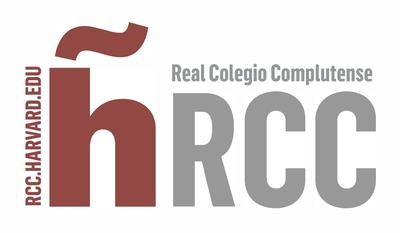Co-Chairs: Yochai Benkler (Co-Director of the Berkman Klein Center for Internet and Society at Harvard University, and Jack N. and Lillian R. Berkman Professor for Entrepreneurial Legal Studies at Harvard Law School); Mayo Fuster Morell (Faculty Associate at Berkman Klein Center for Internet and Society at Harvard University) and Samer Hassan (Associate Professor in Universidad Complutense de Madrid, fellow at Berkman Klein Center for Internet and Society at Harvard University).
With the adoption of information and communication technologies (ICT) and especially the Internet, communities of citizens following a common goal through technologically mediated communication have emerged. Some communities collaboratively engage in the building of common resources and are examples of a paradigm of value production known as Commons-based peer production (CBPP).
Commons-based peer production (CBPP) is an emerging innovative model of production characterized by peer to peer collaboration for the creation or maintenance of shared resources, which are freely accessible and reusable by anyone. In CBPP, the creative energy of communities of individuals is coordinated through software platforms mostly without traditional hierarchical organisation or financial compensation.
Popular examples are Free/Libre/Open Source Software (FLOSS) and Wikipedia, although CBPP is progressively expanding into many other fields, including information (Wikihow, OpenStreetMap), resource sharing (FreeCycle, BeWelcome), manufacturing (Arduino, FabLabs, Thingiverse) and social markets (SmartEU, Fairmondo). These show the capacity of these forms of grassroots creation of value, and the achievement and resolution of complex goals and problems that they enable.
This study group will explore the experimental arena that CBPP provides for innovative technical, governance and economic models based on peer-to-peer collaboration. It will also investigate potential opportunities for public institutions to engage with these emerging actors, and establish relations beyond the classical private-public partnerships, in the form of potential commons-public partnerships.
